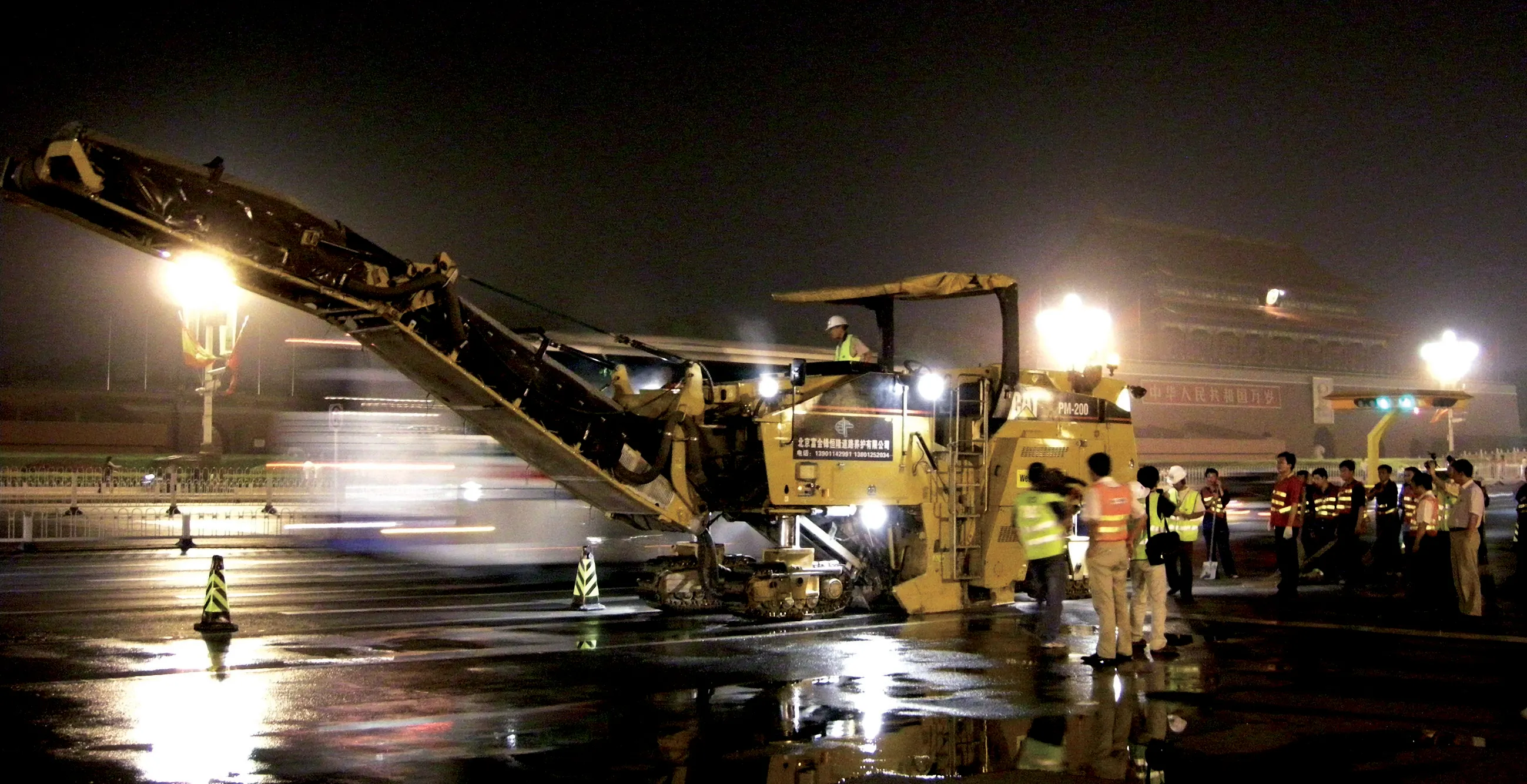The Isle de France region, essentially the Paris area and extensive surrounding countryside, will spend around €365 million on road infrastructure as part of a five-year transportation plan from this year up to 2020.
The overall plan calls for an investment of of €7.3 billion, of which €2.9 billion will come from the central government and €4.4 billion from the Isle de France region. Around EUR €4.5 billion will be used to finance public transport, according to a report by Le Moniteur des Travaux Publics
February 6, 2015
Read time: 2 mins
The Isle de France region, essentially the Paris area and extensive surrounding countryside, will spend around €365 million on road infrastructure as part of a five-year transportation plan from this year up to 2020.
The overall plan calls for an investment of of €7.3 billion, of which €2.9 billion will come from the central government and €4.4 billion from the Isle de France region. Around EUR €4.5 billion will be used to finance public transport, according to a report by Le Moniteur des Travaux Publics et du Bâtiment.
3260 World Highways reported in December that the number of bicycle trips in Ile-de-France had doubled to 650,000 trips between 2004 and 2014. The report from the IAU, a local urbanisation think tank and policy adviser, noted that bicycles are used mainly for commuting to work and the average trip is 2km. In Paris, where bicycles were almost non-existent 15 years ago, they now make up 3% of trips in the city and 8% of work-home trips.
But half of trips of less than 2km are still made in cars, the IAU noted.
Isle de France is the wealthiest and most populated of the country’s 27 administrative regions. Around 12 million people live in Isle de France which in 2012 had a gross domestic product of €612 billion ($788 billion). If it were a country, it would rank as the eighteenth-largest economy in the world.
The overall plan calls for an investment of of €7.3 billion, of which €2.9 billion will come from the central government and €4.4 billion from the Isle de France region. Around EUR €4.5 billion will be used to finance public transport, according to a report by Le Moniteur des Travaux Publics et du Bâtiment.
But half of trips of less than 2km are still made in cars, the IAU noted.
Isle de France is the wealthiest and most populated of the country’s 27 administrative regions. Around 12 million people live in Isle de France which in 2012 had a gross domestic product of €612 billion ($788 billion). If it were a country, it would rank as the eighteenth-largest economy in the world.








